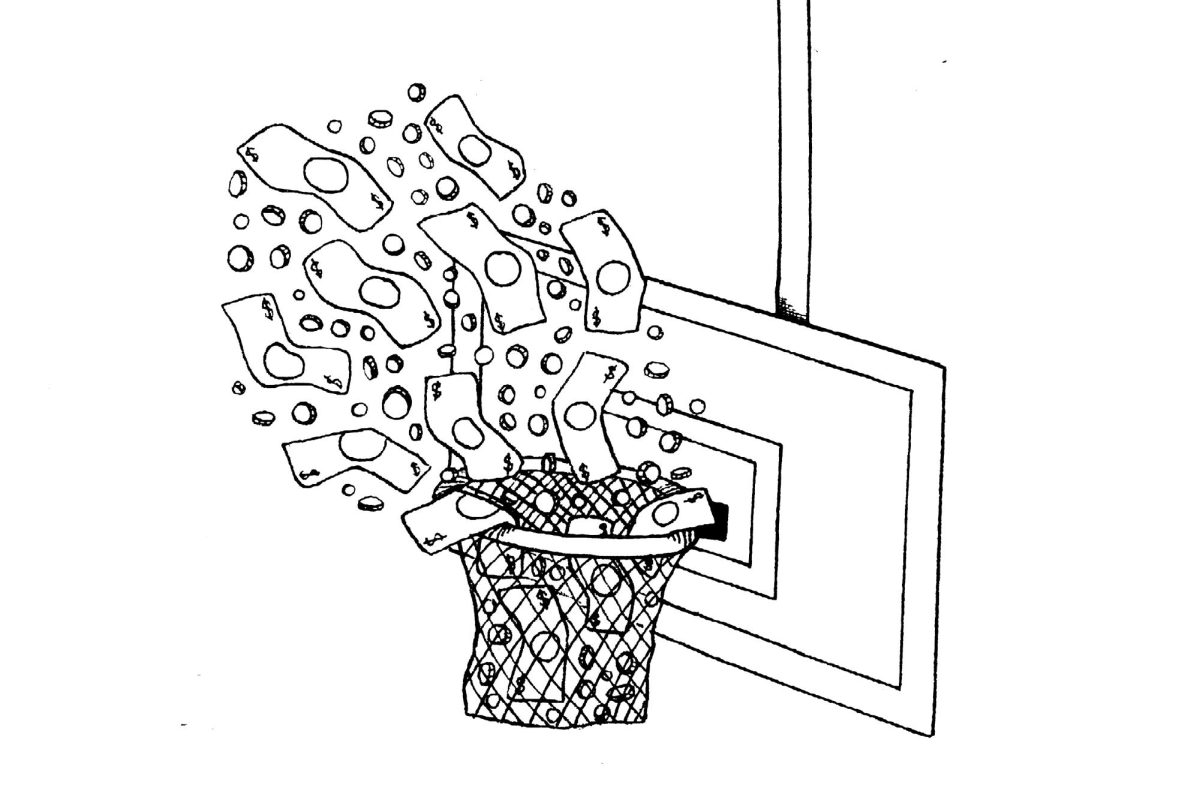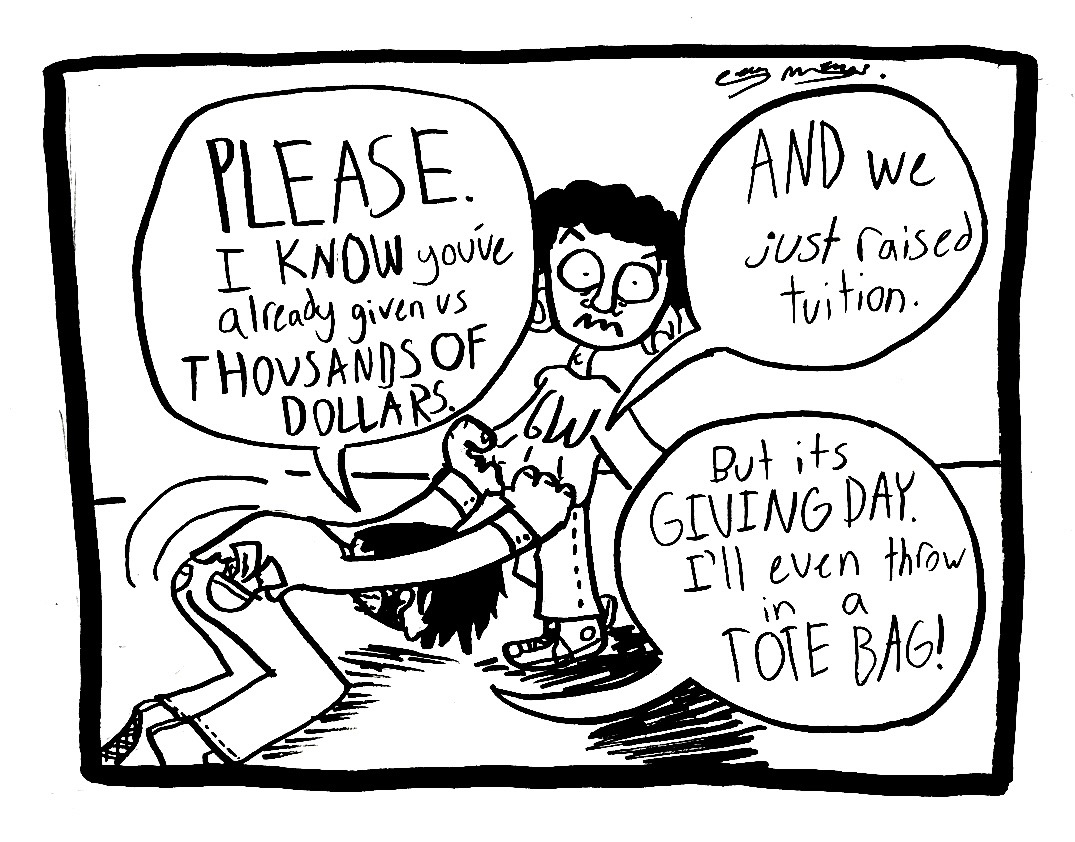The arrival of the COVID-19 vaccine has placed the end of the pandemic within view, as the first round of shots is administered to health care workers at GW and beyond. Despite the good news, cases and deaths are rising as the country barrels toward a dark pandemic winter.
Here’s the best and worst of this week’s headlines.
Thumbs Up:
After months of waiting and hoping, the rollout of the Pfizer-NioNTech COVID-19 vaccine is finally underway. Five GW Hospital workers became the first people in D.C. to receive the shot, and the rest of D.C.’s 85,000 heath professionals will follow. The District, like virtually every jurisdiction around the country, is planning a phased rollout – health care workers and vulnerable populations will be offered the vaccine before the general public.
Initially, the federal government only allotted about 7,000 doses of the vaccine to the city due to its scarcity at this early stage. But both Maryland and Virginia will each provide the District with 8,000 more shots to help the inoculation effort, citing the fact that three-quarters of D.C. health care workers live in those states.
This is incredible news – full stop. The arrival of the vaccine is the beginning of the end for a pandemic that has taken thousands of lives and destroyed countless livelihoods. As D.C.’s political class likes to say, “our long national nightmare is – almost – over.”
Thumbs Down:
Even though the COVID-19 vaccines are here, the pandemic’s death toll is shattering records for cases and deaths. The COVID-19 crisis is the worst it’s ever been in the United States – and the District is feeling the pain too. The onset of the frigid D.C. winter and the holiday season have delivered a one-two punch to people’s adherence to gathering and distancing guidelines.
As a result, Mayor Muriel Bowser issued an order closing down indoor dining throughout the District until Jan. 15 and extending D.C.’s state of emergency through March.
This move was absolutely necessary, even though it’s painful for residents and businesses. It will take months before the vaccine reaches the general public, meaning mask wearing, social distancing and avoiding gatherings remain the best ways to slow the virus’s spread.
Students who are coming back to D.C. for this spring need to be especially mindful of the crisis in the District. The temptation will be undoubtedly strong to pile a dozen of your closest friends into a tiny apartment to hang out for the first time in months. But throwing caution to the wind is how you infect yourself, your family and your community. Being smart about COVID-19 does not mean you have to totally cut yourself off socially, but it does mean sticking to the guidelines for just another couple of months. We’re almost there.
Andrew Sugrue, a junior majoring in political communication and political science, is the contributing opinions editor.



